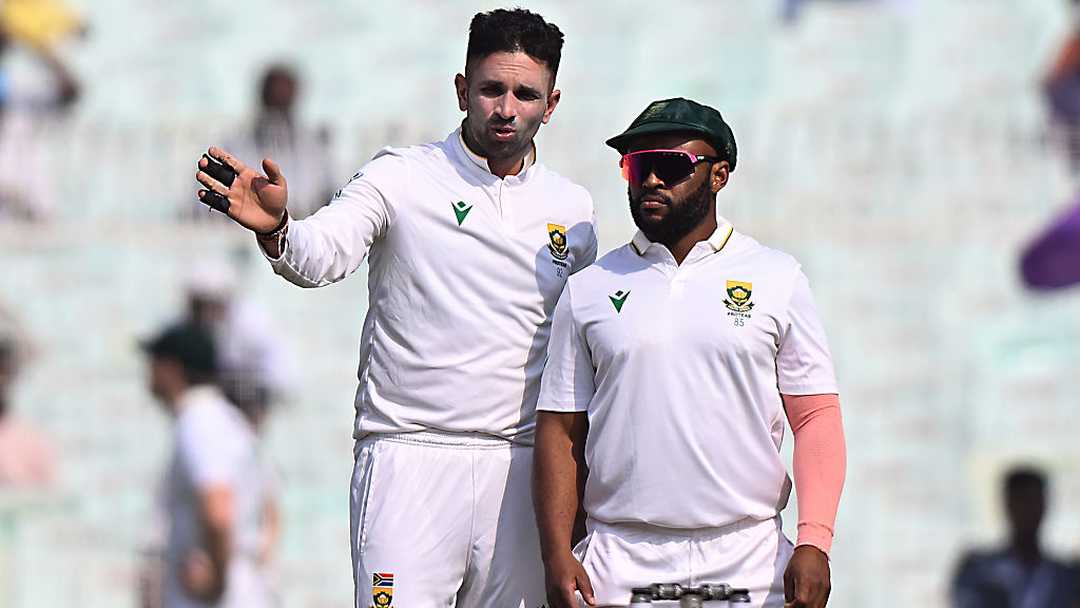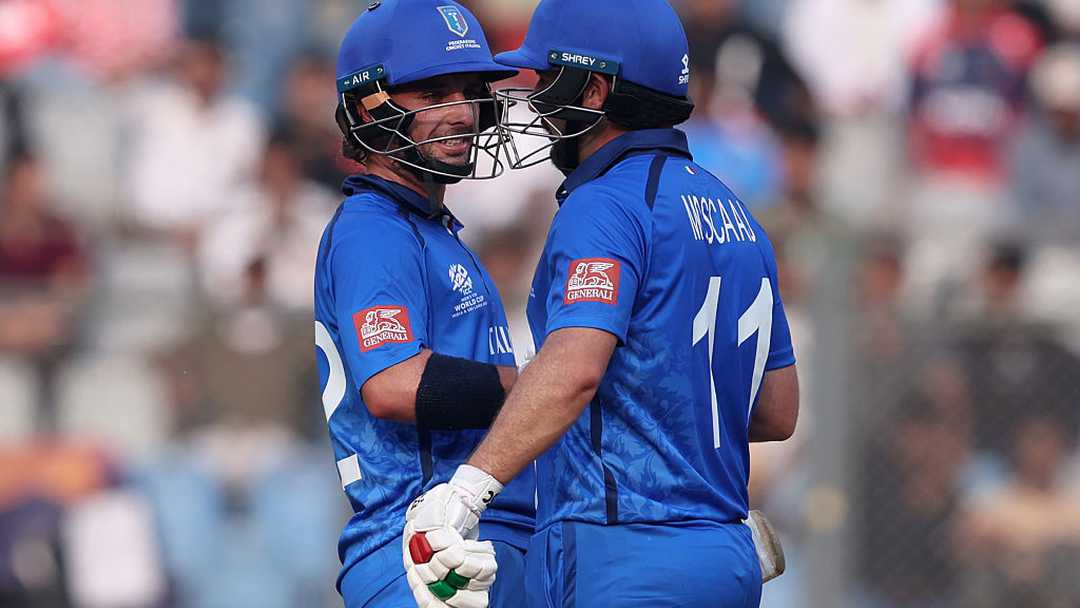
How captain Bavuma set himself apart
Temba Bavuma has done what Graeme Smith never did. Neither did Shaun Pollock. Nor Faf du Plessis. Or any of the 41 men besides Bavuma who have captained South Africa's Test team.
We can add Virat Kohli, MS Dhoni, Ricky Ponting, Steve Waugh, Joe Root and Michael Atherton to the list of those who didn't. And Clive Lloyd, Imran Khan, Stephen Fleming and Sanath Jayasuriya.
In fact, Bavuma has set himself apart from all of the 363 other men who have captained Test teams.
He has led South Africa in a dozen Tests – 11 of them won, the other drawn. No other captain has reeled off that many victories without losing. Ray Illingworth, Sunil Gavaskar, Mike Brearley and MJK Smith were at the helm for more Tests than Bavuma before they experienced a defeat. But, thanks to several draws, none of them won as many as 11 before they lost.
Much has happened since February 2023, when Shukri Conrad picked Bavuma to replace the retired Dean Elgar. How had Bavuma handled the headiness of his newish reality?
"It's a process of discovery," he told a press conference in Guwahati on Wednesday after win No. 11 had been secured over India. "I'm probably a lot more assured of myself as a person, as a captain, of what I'm trying to do out there.
"Something I have learnt to do better over the last couple of years is to separate the captain from me as a batter. It's important that you do your primary skill as well as you can. Guys generally follow what they see, not necessarily what you tell them. So I always try to ensure that, from a batting point of view, I'm contributing as much as I can."
A calf problem kept Bavuma out of the drawn series in Pakistan last month, which added a layer of complexity: "The boys in Pakistan got a proper sense of subcontinental conditions. So they came to India ready. For me it was a case of getting up to speed, having been out with injury. Coming back into the team, I felt as if the guys were at a higher level. The onus was on me to up my game."
That Bavuma duly did, batting for more than three hours and facing 136 balls for his unbeaten 55 – the only half-century of a first Test that was played on a ragged Eden Gardens pitch. South Africa won by 30 runs. Without Bavuma's innings that would not have happened.
But, typically, Bavuma declined to claim too much of the credit for his side's sustained success: "We have a lot of leaders within the team, and it's about understanding where certain guys provide value and allowing them to flourish in that space. We've got Keshav [Maharaj], Aiden [Markram], KG [Kagiso Rabada]…
"Those are the guys who, from a tactical point of view, I can always bounce ideas around. To make sure we're always moving in a certain direction as a unit, I set the vision clearly. But there are other guys who help me make sure that we're all on the same page."
Eleven victories without defeat is a remarkable record. But it is caveated.
Tests end inconclusively far less frequently than they used to. In the 1960s, 47.85% of them dwindled to draws. That figure remained in the 40s until the 1990s, when it dropped to 35.73%. It's spiralled to 20.02% from 2000. In the past 10 years the number of drawn Tests has plummeted to 12.11%.
Also, captains are only as good as their teams. Bavuma's team is excellent, as they proved again on Wednesday by condemning India to their heaviest defeat at home, winning the Guwahati Test by 408 runs to seal a 2-0 series triumph.
And, with few exceptions, teams are only as good as their opponents are not. South Africa are clearly better than West Indies, who they have beaten in three of the four Tests the teams have contested, home and away, under Bavuma. The other match, in Port-of-Spain in August last year, was the draw – only the second day wasn't interrupted by rain.
Bavuma's side are also stronger than Sri Lanka, especially in South Africa, where the home side won both Tests in November and December last year. The same is true, albeit by a smaller margin, of Pakistan – who lost both matches in South Africa in December 2024 and January this year.
But that can't be said of India, whose downfall Bavuma has engineered in all three Tests they have played against South Africa – in Centurion, Kolkata and Guwahati – with him as captain.
Neither is it true of Australia, who Bavuma helped his team beat by five wickets in the WTC final at Lord's in June. His second-innings 66, made despite a hamstring injury, was key to that result.
Conditions must also be considered. Bavuma has had three Tests as captain in Centurion, where South Africa have a winning percentage of 80. But he's also had one match each at the Wanderers, Newlands, Kingsmead and St George's Park, where the South Africans have won from 34.78% to 45.45% of their Tests.
But these are just the nuts and bolts of Bavuma's and South Africa's upward trend. What they hold together is greater than the sum of its parts.
"The team is now in a really good space," Bavuma said. "Winning obviously does that, but it's the way that we're going about winning our games. We don't have guys who are getting big hundreds, but we've got four, five or six guys who are willing to contribute. That gets us to formidable scores. We know that from a bowling point of view we've got enough to make sure the result is on our side."
Bavuma has sculpted – or helped sculpt, he would no doubt prefer – something precious. It is proving itself resilient, but he will know that due care needs to be taken to keep it intact. Losing a Test wouldn't break it, and surely has to happen at some stage. Or does it…


